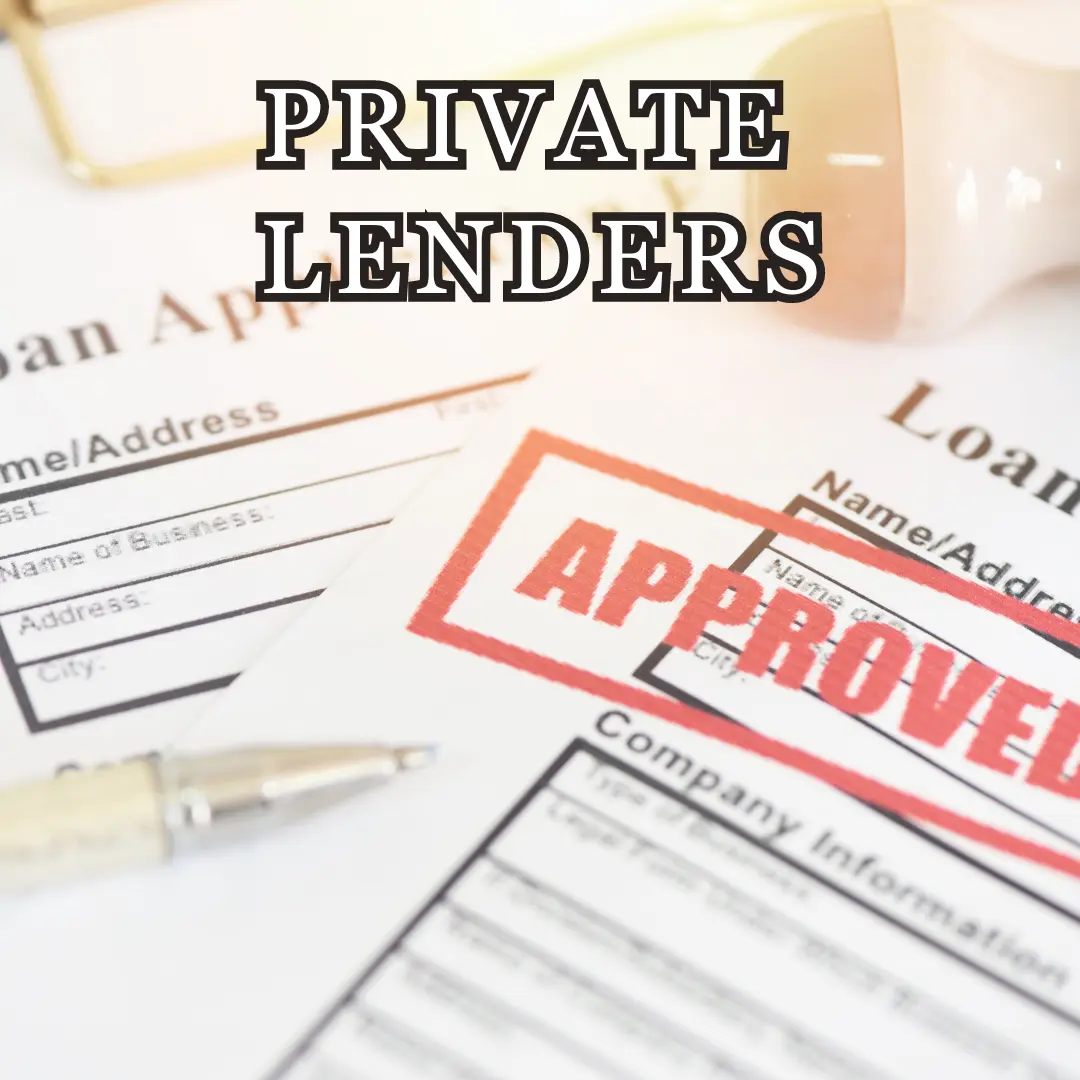What Every real estate shopper Should Know About private mortgage lenders savannah ga
How It Works: A Comprehensive Overview to Mortgage Lending for First-Time Buyers
Steering the world of mortgage lending can be frightening for novice customers. Comprehending the essential components like principal, passion, and down repayments is crucial. Additionally, acknowledging the different sorts of home loan and the application procedure can significantly influence one's experience. By checking out key aspects that affect rates of interest, purchasers may reveal important insights. What else should they take into consideration prior to making such a substantial financial commitment?
Comprehending Mortgage Basics
When new customers get in the domain of homeownership, comprehending mortgage fundamentals becomes critical for making educated decisions. A mortgage is essentially a funding protected by the residential or commercial property being acquired, permitting individuals to get a home without paying the complete cost upfront. Purchasers have to understand crucial elements, consisting of principal, interest, tax obligations, and insurance, often summed up as PITI. The principal is the quantity obtained, while rate of interest is the price of borrowing that amount, shared as a percent. Taxes and insurance coverage are extra prices that can noticeably impact regular monthly repayments. Buyers need to additionally consider the loan term, usually 15 or thirty years, which influences payment quantities and overall rate of interest paid. Comprehending debt ratings is vital, as they influence loan qualification and rate of interest rates. Comprehending these basic ideas encourages novice customers to browse the mortgage landscape confidently and choose that straighten with their financial goals.
Kinds Of Mortgage Loan
When thinking about mortgage options, first-time buyers frequently run into two main types: fixed-rate and adjustable-rate home loans. Fixed-rate home loans use security with regular repayments over the loan's term, while variable-rate mortgages can offer lower preliminary rates that might rise and fall with time. Understanding these distinctions is essential for making a notified decision.
Fixed-Rate Mortgages
Fixed-rate home mortgages supply stability and predictability for novice homebuyers maneuvering the complexities of home funding. With a fixed-rate mortgage, the rates of interest continues to be constant throughout the financing term, typically varying from 15 to 30 years. This regular price enables purchasers to plan their budgets properly, recognizing that their regular monthly payments will not fluctuate. Novice customers benefit from this structure as it removes uncertainty in long-term economic commitments. In addition, fixed-rate home loans commonly include lower first prices contrasted to adjustable-rate alternatives, making them an attractive option for those seeking to develop home equity with time. In general, fixed-rate home loans use an uncomplicated path to homeownership, ideal for people seeking lasting financial security.
Adjustable-Rate Mortgages
For novice property buyers seeking versatility, variable-rate mortgages (ARMs) can supply an appealing alternative to fixed-rate financings. ARMs normally provide reduced first passion prices, making monthly payments much more budget-friendly in the early years. Nevertheless, these rates vary after a first fixed period, which can bring about raised settlements with time. Debtors should understand the index and margin that figure out future rate modifications. Generally, ARMs have change periods of one, three, or five years, with routine caps to restrict exactly how much rates can enhance at each change. While ARMs can be advantageous for those intending to offer or refinance before the rate changes, they additionally carry risks if market problems change significantly. Thorough research study is important for informed decision-making.
The Mortgage Application Process

Trick Elements Affecting Rate Of Interest Rates

Down Settlements and Closing Expenses
Comprehending down repayments and shutting costs is necessary for novice property buyers, as these expenses significantly affect the overall affordability of a home loan. A deposit is the initial quantity paid in the direction of the home's purchase rate, generally shared as a percentage. It can vary from as reduced as 3% to 20% or more, depending upon the finance type and loan provider requirements. A bigger down payment can minimize month-to-month mortgage repayments and eliminate personal mortgage insurance coverage (PMI), which protects loan providers in instance of default.Closing prices, on the other hand, incorporate different charges incurred throughout the home-buying process. These might consist of funding source costs, evaluation costs, title insurance coverage, and lawyer fees, usually totaling 2% to 5% of the home's acquisition price. New purchasers must allocate both deposits and shutting costs to ensure they can protect their mortgage and effectively browse the home-buying process.
Tips for First-Time Homebuyers
What crucial tips can novice visit this web-site buyers comply with to browse the frequently challenging procedure of purchasing a home? Initially, setting a sensible budget plan is important. Purchasers should analyze their monetary situation, consisting of income, expenses, and potential mortgage settlements. Next off, obtaining pre-approval for a home loan can offer quality on what one can pay for and enhance their position when making an offer.Researching areas is equally vital; purchasers ought to take into consideration aspects such as features, colleges, and future developments. Additionally, it is advisable to work with a certified realty agent that can supply valuable insights and guidance throughout the purchasing process.Home assessments should not be neglected, as they can discover surprise issues that might impact long-term fulfillment. Customers must stay person and versatile, useful content recognizing that locating the right home may take time. By adhering to these suggestions, new property buyers can come close to the marketplace with self-confidence and expertise.
Regularly Asked Concerns
What Records Are Required for Mortgage Pre-Approval?
For mortgage pre-approval, people commonly need to give earnings verification, work background, credit report records, tax obligation returns, bank declarations, and information of any kind of financial debts (Private Mortgage Lenders Savannah GA). These records assist loan providers analyze financial ability and figure out lending qualification
Can I Get a Home Loan With Bad Credit History?

Lots of loan providers think about applicants with bad credit, though terms may vary. Higher rates of interest or larger down payments can be required. Exploring options with specialized lending institutions or federal government programs can likewise boost opportunities for authorization.
Exactly how Long Does the Mortgage Approval Process Take?
The mortgage authorization procedure usually takes between 30 to 45 days. Aspects affecting this timeline consist of the lender's effectiveness, the consumer's monetary paperwork, and the intricacy of the loan application. Delays might occur due to added demands.
What Occurs if I Miss a Mortgage Settlement?
If a home loan settlement is missed out on, late charges might be sustained, and credit history can suffer. Prolonged non-payment might lead to repossession proceedings, triggering the loan provider to recover the residential or commercial property after a series of cautions.
Can I Refinance My Mortgage Later On?
Refinancing a home loan later on is frequently feasible, permitting home owners to adjust their financing terms, passion rates, or regular monthly payments. However, eligibility relies on credit history, present market problems, and the existing mortgage's terms. Private Mortgage Lenders Savannah GA.